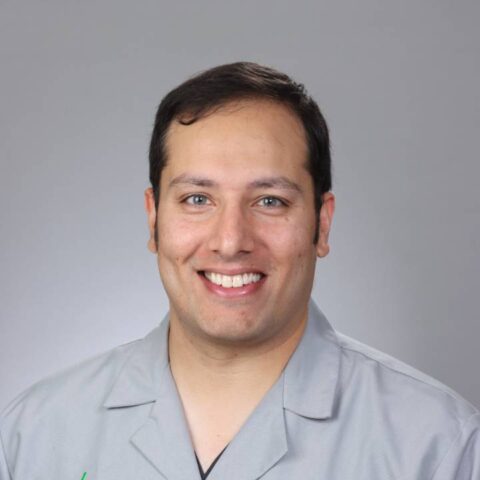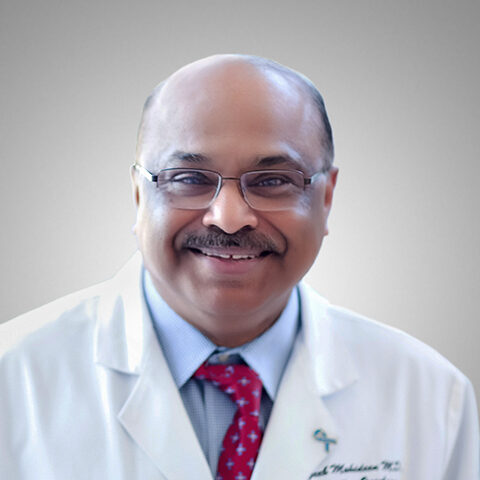Colorectal Cancer
According to the American College of Gastroenterology, a colonoscopy with polypectomy (removal of polyps) reduces the risk of colon cancer by 90 percent. Our gastroenterologists perform more than 13,000 colorectal cancer screenings a year. We recommend people schedule a first screening colonoscopy at age 45.
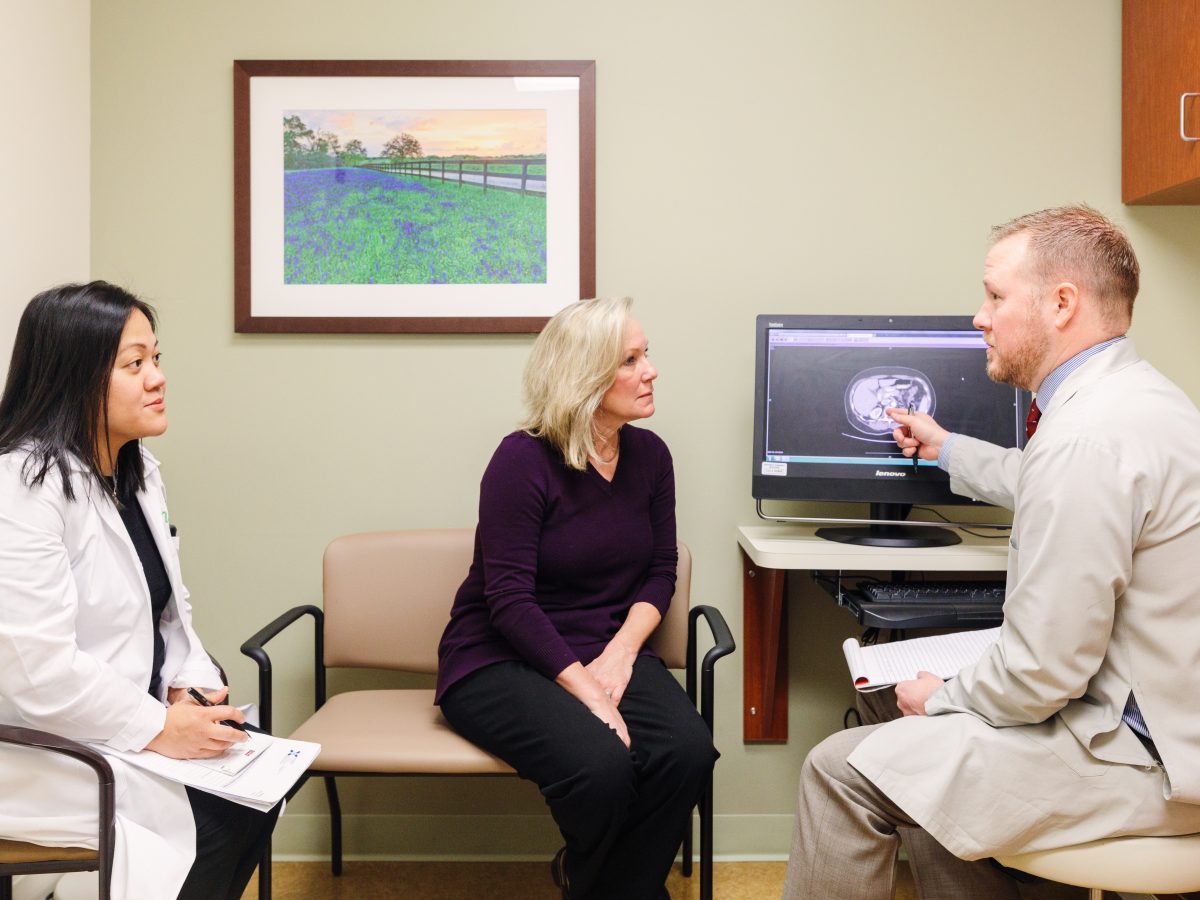
Screening
Colon Cancer – Screening Can SAVE Your Life!
Often there are no symptoms of colon cancer in the early stages. This is why screening is vital. Through screening tests, colon cancer can be detected before symptoms develop, this is when this cancer is the most curable. Speak to your Primary Care Physician.
A colonoscopy, which provides imaging of the entire colon, is the gold standard for screening.
Fecal Occult Blood Test (FOBT), Stool Cologuard, and Fecal Immunochemical Test (FIT) are home-based tests that may show blood in the stool, and further testing would be needed. CT colonography (AKA virtual colonoscopy), a scan that could show growths in the intestinal wall, will also require further testing.
SCREENING GUIDELINES
Everyone needs to be screened. In regard to preventative screenings, still only one of every three adults are not up-to-date with their colon cancer screening. Don’t be a statistic. The American Cancer Society recommends screenings begin at age 45.
Those with a known family history of colorectal cancer, benign polyps, hereditary syndrome (Lynch), Familiar Adenomatous Polyposis (FAP) mutations in a gene, accelerates cell growth leading to polyps, ulcerative colitis or Crohn’s disease. These people are at a higher risk for cancer, speak to your Primary Physician.
Additional Risk Factors are: Age, race, tobacco and alcohol use, obesity, high-fat and low fiber diets.
Many people don’t realize that colorectal cancer is highly preventable. The American College of Gastroenterology recommends colonoscopy screenings beginning at age 45 for all patients. Considerations for patients’ medical and family histories may also indicate they require a screening earlier in life.
Colonoscopies have long been considered the gold standard for colorectal cancer screening and detection. Unlike other cancer screenings which can only detect a problem, a colonoscopy could prevent colorectal cancer by removing precancerous polyps during the exam. Removal of polyps presents up to 90 percent of colorectal cancer.
Both our hospital GI Center and Endoscopy Center in Arlington Heights use state-of-the-art diagnostic technology and high-definition imaging. Because of this, our detection rate for polyps is 57 percent, well above the national benchmark of 25 percent.
To schedule a screening, you should obtain an order from your provider, then call 847-618-9550.
You can also call the number to schedule an appointment with a gastroenterologist to discuss screening and your personal risks for the disease.
Videos
Colorectal Cancer Risk and Screening
Moira’s Story – Colonoscopy Screening
Prevention
Prevention of colorectal cancer is to get screened. Any screening test is better than no screening test.
Pay attention to your body; there may be signs that you should schedule your colonoscopy sooner.
- Blood in the stool
- Change of bowel habits
- Unplanned weight loss
- Abdominal pain and discomfort
Diagnosis
Many people don’t realize that colorectal cancer is highly preventable. The American College of Gastroenterology recommends colonoscopy screenings beginning at age 45 for all patients. Considerations for patients’ medical and family histories may also indicate they require screening earlier in life.
Colonoscopies have long been considered the gold standard for colorectal cancer screening and detection. Unlike other cancer screenings which can only detect a problem, a colonoscopy could prevent colorectal cancer by removing precancerous polyps during the exam. Removal of polyps prevents up to 90 percent of colorectal cancer.
Both our hospital GI Center and Endoscopy Center in Arlington Heights use state-of-the art diagnostic technology and high-definition imaging. Because of this, our detection rate for polyps is 57 percent, well above the national benchmark of 25 percent.
To schedule a screening, you should obtain an order from your provider, then call 847-618-9550.
You can also call the number to schedule an appointment with a gastroenterologist to discuss screening and your personal risks for the disease.
Treatment Options
Patients diagnosed with colorectal cancer have treatment options, which may include the following:
Upon diagnosis of colorectal cancer, our multidisciplinary team will work with you to create a comprehensive, individualized treatment plan. This includes, but isn’t limited to:
- Collaborative review that occur at our monthly multidisciplinary Colorectal Tumor Board, which includes experts in radiology, pathology, medical and radiation oncology, a colorectal surgeon, a gastroenterologist, a genetic counselor and a nurse navigator who develop a preliminary plan best suited to your needs.
- A personal nurse navigator who will be with you every step of the way to assist with whatever you might need—including emotional support and help navigating financial assistance—to make the process as patient friendly as possible.
- Advanced treatment in state-of-the-art facilities.
No one treatment plan is right for every person. The results of additional tests will determine if the cancer has spread or not. If the cancer has spread to other organs, a treatment plan may include chemotherapy and possibly surgery.
The goal of surgery is to relieve any obstruction or bleeding, remove the primary tumor, and assess regional lymph nodes and to maintain gastrointestinal function.
About 2/3 of all cancer patients will receive radiation therapy as part of their treatment. Radiation therapy works by damaging the DNA within the cancer cells, destroying their ability to reproduce and this would cause these cells to die.
If you do not currently have a primary care physician, call Health Connection at 847-618-4968 or visit nch.org/findadoctor
You will be personally guided through treatment by a dedicated Colorectal Patient Navigator, who can assist in scheduling additional tests, procedures, surgical, medical oncology and radiation consult appointments. As part of the treatment plan there is a surveillance period that will make sure blood work and imaging will be scheduled to keep a watchful eye on any early indicators of recurrence of the cancer. The navigator is a phone call away at 847-618-6596 to assist in addressing your questions and concerns.
Patient Story

Terri Moore
After a rectal cancer diagnosis in 2017, Terri kept the pain to herself and entered a world of self-blame. Now she’s revealing her story to encourage others not to fear or wait to get a colonoscopy because it saved her life.
Colorectal Cancer Physicians
Colorectal Cancer Screening & Treatment Locations
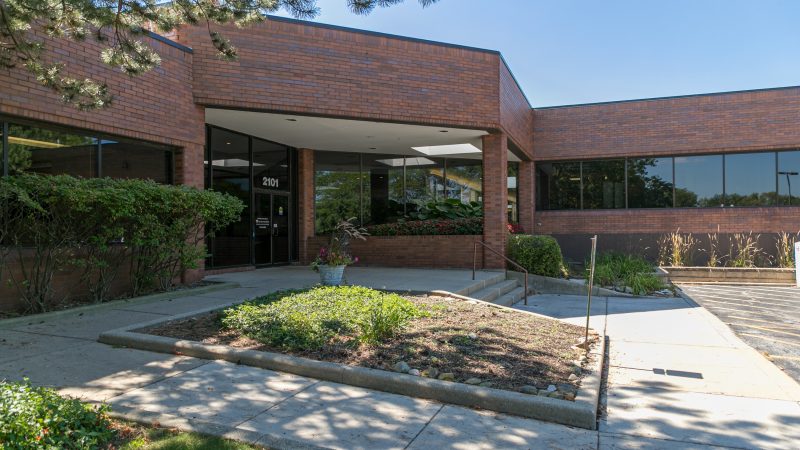
2101 S. Arlington Heights Road
Suite 108
Arlington Heights, IL 60005
847-618-2090
X.X mi
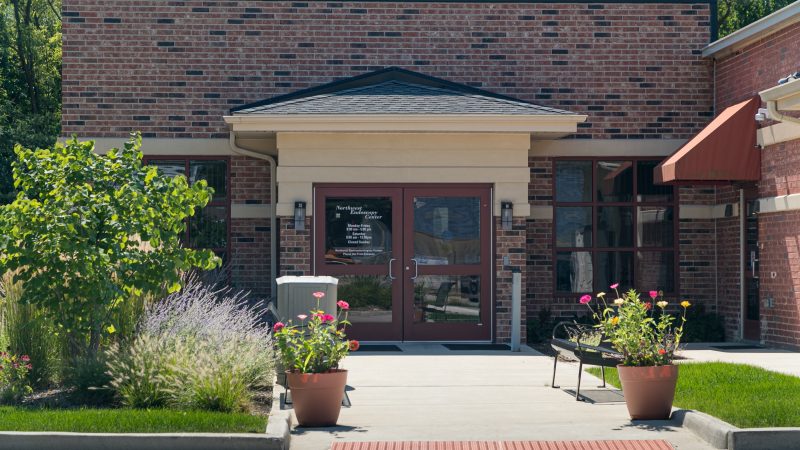
1415 South Arlington Heights Road
Arlington Heights, IL 60005
847-660-7755
X.X mi
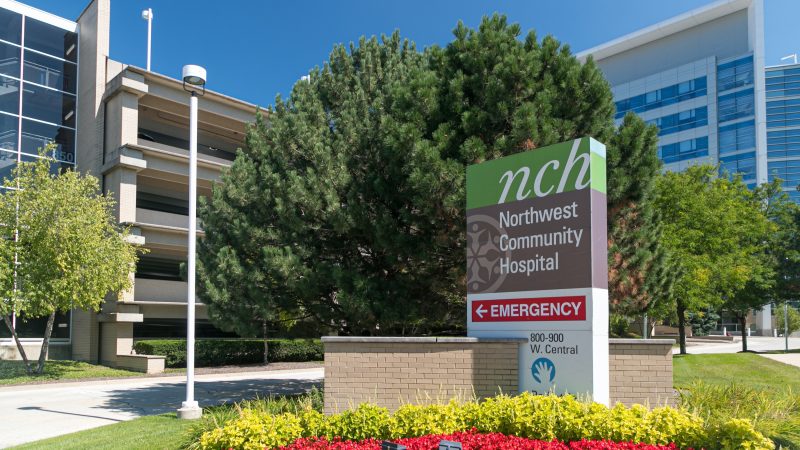
800 W. Central Road
Arlington Heights, IL 60005
847-618-1000
X.X mi
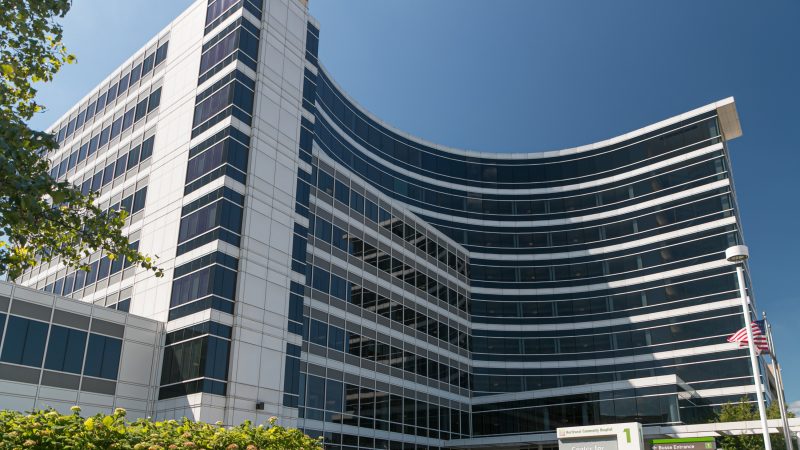
880 W. Central Road
Suite 5000
Arlington Heights, IL 60005
847-618-3800
X.X mi
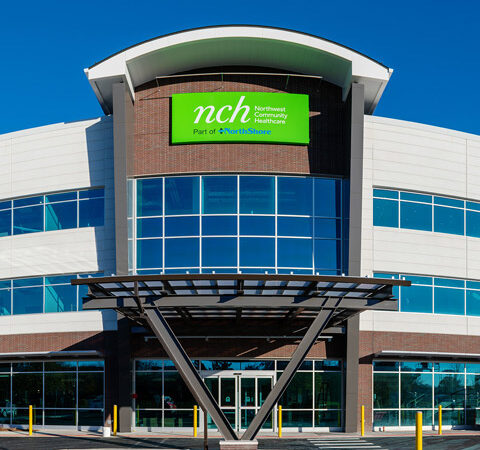
519 S. Roselle Road
Schaumburg, IL 60193
847-618-7850
X.X mi
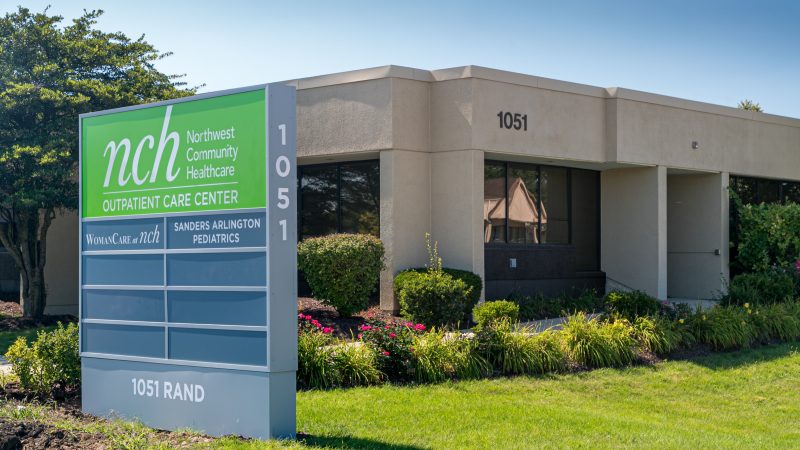
1051 W. Rand Road
Suite 210
Arlington Heights, IL 60004
847-618-0326
X.X mi
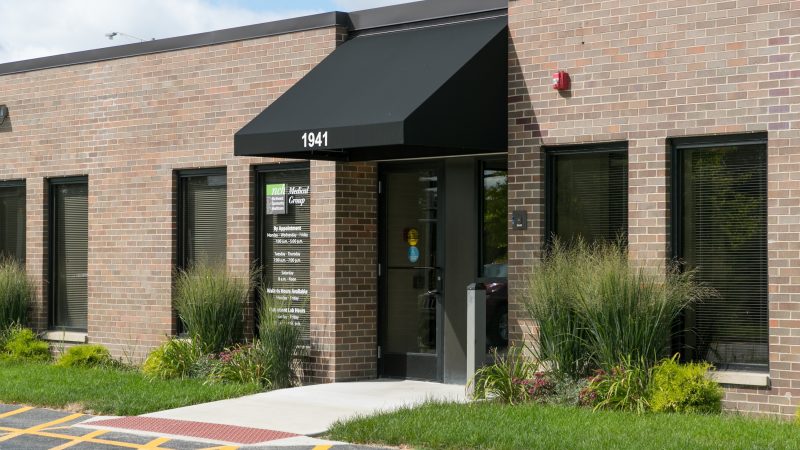
1941 Rohlwing Road
Rolling Meadows, IL 60008
847-618-0850 847-618-0859
X.X mi
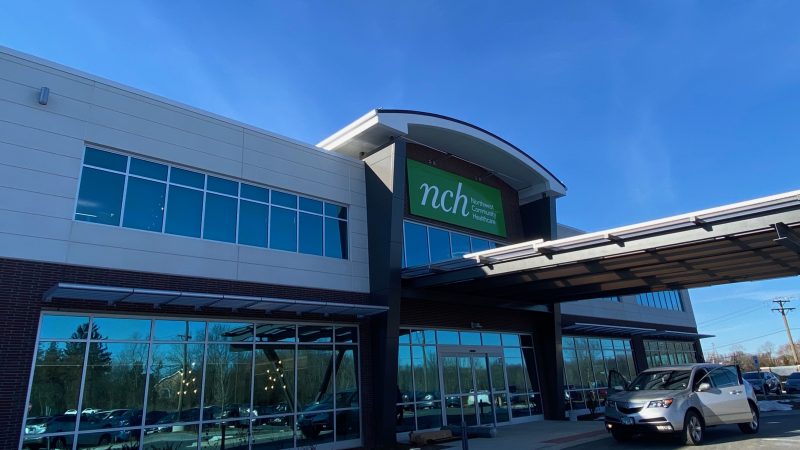
21481 N. Rand Road
Kildeer, IL 60047
847-618-9696 847-618-9695
X.X mi
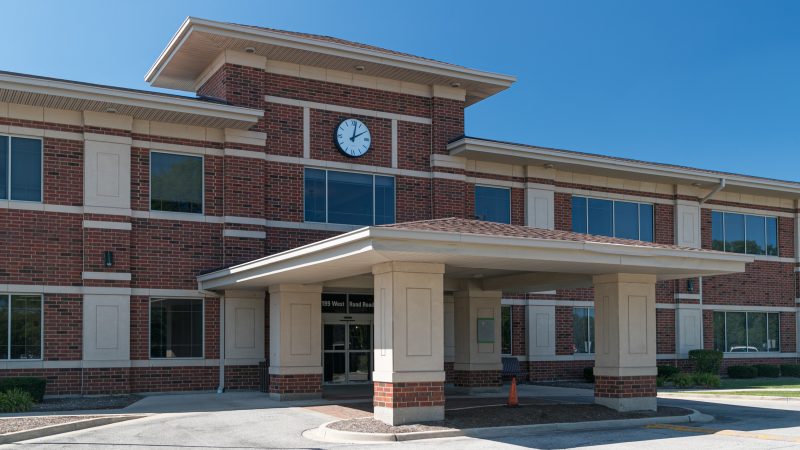
199 W. Rand Road
Suite 203
Mount Prospect, IL 60056
847-618-5450
X.X mi





